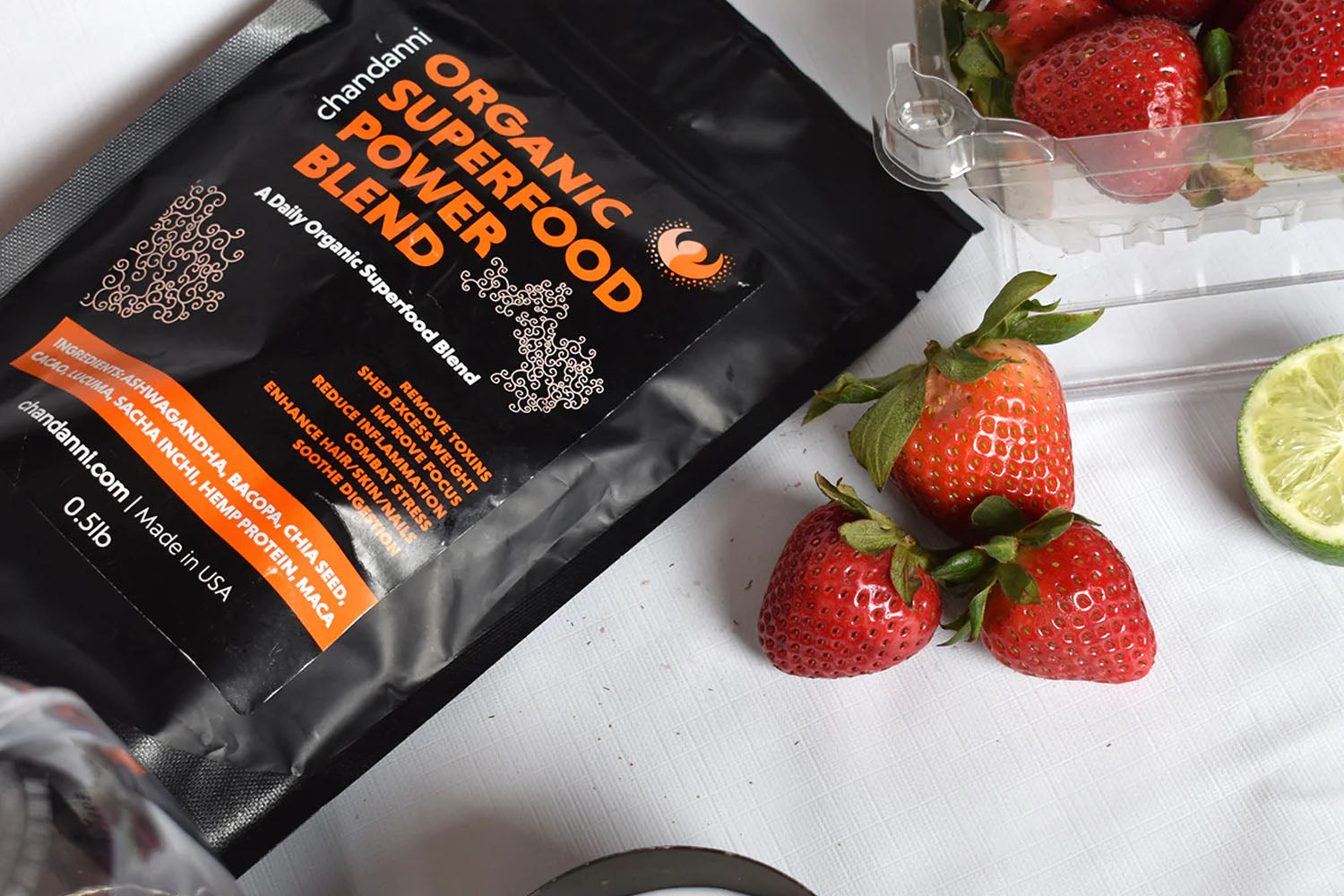
The Power of Self-Care: Nurturing Your Well-being Holistically
Sania TariqSelf-care is taking deliberate actions to nurture and prioritize one's physical, emotional, and mental well-being. It plays a crucial role in maintaining overall health and balance in life. This blog aims to delve into holistic self-care, exploring how it contributes to holistic living, emphasizing the interconnectedness of our well-being and the transformative power of nurturing ourselves comprehensively and integrated.
What is Holistic Self-Care?
Holistic self-care is a comprehensive approach to nurturing one's overall well-being, recognizing the interconnectedness of various aspects of life. [1] It involves taking conscious and intentional actions to address physical, emotional, mental, social, and spiritual needs. By adopting holistic self-care, individuals can attain a well-rounded and rewarding life experience.

1. Physical Self-Care
Physical self-care involves caring for the body through activities that promote good health and vitality. This may include regular exercise, a balanced diet, prioritizing sufficient sleep, and engaging in relaxation techniques.
2. Emotional Self-Care
Emotional self-care focuses on understanding and managing emotions effectively. It involves journaling, seeking support from friends or therapists, and engaging in activities that bring joy and emotional well-being.
3. Mental Self-Care
Mental self-care involves activities that promote mental clarity, focus, and resilience. This may include mindfulness practices, meditation, reading, and hobbies stimulating the mind.
4. Social Self-Care
Social self-care emphasizes the significance of nurturing healthy relationships and connections. It involves spending quality time with loved ones, seeking social support, and setting boundaries in relationships.
5. Spiritual Self-Care
Spiritual self-care involves exploring and nurturing one's sense of purpose, values, and connection to something greater than oneself. Attaining this is possible through meditation, prayer, immersing oneself in nature, or actively participating in acts of kindness and service.
The Benefits of Holistic Self-Care
Holistic self-care offers many transformative benefits that positively impact our lives. By comprehensively prioritizing self-care, individuals can experience;
- Improved physical health and vitality as they exercise regularly, maintain a balanced diet and ensure sufficient rest.
- Enhanced emotional resilience and stress management as they develop coping mechanisms, practice mindfulness, and express emotions healthily.
- Better mental focus and clarity as they engage in activities that stimulate the mind, such as reading, learning, and engaging in creative pursuits.
- Nurturing healthy relationships as they invest time and effort in building and maintaining meaningful connections with others.
- Through holistic living, individuals find purpose and meaning in life as they explore their spiritual dimension, align their actions with their values, and seek fulfillment and contentment in their journey of self-discovery.
Building Your Holistic Self-Care Practice
Creating a holistic self-care practice requires a thoughtful and intentional approach. By assessing your current self-care routine, identifying areas that need more attention, setting realistic goals, and crafting a personalized self-care plan, you can nurture your well-being and embrace holistic living more effectively. [2]

1. Assessing Your Current Self-Care Routine
Reflect on your self-care habits and how well they address your well-being. Evaluate whether you adequately address physical, emotional, mental, social, and spiritual needs. Recognize the areas where you excel and those that may require improvement. This self-awareness will serve as a core for your holistic self-care journey.
2. Identifying Areas That Need More Attention
Through self-assessment, you may uncover specific areas of your life that need more care and attention. These could include neglecting regular exercise, lacking emotional outlets, or not engaging in activities that nourish your spirit. Acknowledging these gaps will help you prioritize the aspects that require more focus in your holistic self-care practice.
3. Setting Realistic and Achievable Self-Care Goals
Set specific, measurable, achievable, relevant, and time-bound (SMART) goals for each component of holistic self-care. For example, you could aim to exercise for at least 30 minutes daily, practice meditation for 10 minutes each morning, or dedicate one evening a week to connect with friends or family. By breaking down your goals into smaller and manageable steps, you enhance their achievability and boost your chances of succeeding.
4. Creating a Personalized Self-Care Plan For Holistic Living
Craft a comprehensive self-care plan that addresses each component of holistic living. Design your routine to fit your unique preferences, lifestyle, and schedule. Incorporate activities that you genuinely enjoy and that resonate with your values. Remember that all self-care plan is not a one-size-fits-all approach, so your plan should suit your needs and preferences.
Strategies to Overcome These Challenges for Holistic Living
Holistic living involves addressing various aspects of well-being, but it can face obstacles. To overcome these challenges and several effective strategies can be implemented.
- Time management techniques help carve out dedicated self-care moments.
- Setting boundaries and learning to say no ensures that external pressures don't compromise self-care.
- By promoting a shift in societal attitudes towards self-care, its importance is recognized.
- Integrating self-care into daily routines ensures consistency.
- Embracing mindfulness and self-compassion aids in managing stress and guilt associated with prioritizing personal well-being.
Utilizing these strategies in your beauty bundle empowers individuals to overcome barriers and embrace a holistic approach to living, fostering overall health, happiness, and beauty.
Mindfulness and Self-Compassion in Self-Care
Mindfulness and self-compassion play vital roles in nurturing one's well-being. Mindfulness involves being present at the moment, and observing thoughts and emotions without judgment, which enhances self-awareness and reduces stress. [3] Self-compassion entails treating oneself with kindness and understanding during challenging times, fostering emotional resilience.

Integrating mindfulness and self-compassion practices into self-care routines can help to get a deeper understanding of one's needs, greater self-acceptance, and improved mental and emotional health. Individuals can enhance their holistic self-care journey by cultivating these qualities, promoting overall well-being and a positive relationship with themselves.
Nourishing Your Body and Mind
Holistic living emphasizes the significance of nourishing the body and mind to achieve overall well-being. A balanced diet and proper nutrition are fundamental components of holistic living. It involves consuming various nutrient-rich foods that support physical health and vitality while nurturing emotional and mental well-being.

In addition to a wholesome diet, incorporating exercise and movement is essential for holistic living. Regular physical activity enhances physical fitness and positively affects mental health, reducing stress and improving mood. [4]
Moreover, self-care for the skin is an integral part of holistic living, and the right face moisturizer can play a crucial role. Hydrated skin contributes to overall well-being, promoting a sense of comfort and confidence.
Holistic Self-Care Strategies
Holistic self-care encompasses various strategies that contribute to overall well-being.

- Emotional release and expression allow individuals to acknowledge and process emotions effectively, leading to emotional resilience and inner peace.
- Building resilient relationships involves nurturing meaningful connections, promoting social support, and setting healthy boundaries.
- The spiritual dimension of self-care involves exploring personal beliefs, engaging in spiritual practices, and finding purpose and fulfillment.
- Overcoming burnout and stress entails recognizing signs of exhaustion, incorporating effective self-care techniques, and seeking professional help.
By embracing these holistic self-care strategies, individuals can enhance their physical, emotional, and mental health, leading to a more balanced and fulfilling life.
Creating a Lasting Self-Care Routine
Building a lasting self-care routine is pivotal for maintaining holistic well-being. Consistency and dedication are keys to incorporating self-care practices into daily life. [5] By regularly reviewing and revising the self-care plan, celebrating progress, and being adaptable to life changes, individuals can ensure their self-care routine remains effective and sustainable. Prioritizing self-care as an ongoing lifestyle fosters a healthier, balanced, and fulfilling life journey.
Conclusion
In conclusion, embracing holistic self-care is a transformative journey toward nurturing all aspects of well-being. Individuals can achieve a harmonious balance in their lives by integrating physical, emotional, mental, social, and spiritual elements. Prioritizing self-care through mindfulness, self-compassion, and a personalized approach empowers individuals to overcome challenges and embrace a lasting self-care routine. Through this process, one can discover the power of self-care in fostering a fulfilling and contented life. Contact us for more details.
FAQs
1. What are nurturing acts of self-care?
Nurturing self-care includes activities promoting well-being, such as exercise, mindfulness, journaling, and leisure time in nature.
2. How to practice holistic self-care?
Practice holistic self-care by addressing physical, emotional, mental, social, and spiritual needs through activities like meditation, balanced nutrition, and fostering healthy relationships.
3. Why is holistic self-care important?
Holistic self-care is important because it nurtures all aspects of well-being, improving overall health, resilience, and a more fulfilling life.
4. What is holistic living?
Holistic living involves embracing an integrated approach to well-being, considering the interconnectedness of various aspects of life, including physical, emotional, mental, social, and spiritual elements.
References
[1] https://www.spdfoundation.net/holistic-approaches-to-therapy/
[2] https://schools.au.reachout.com/articles/developing-a-self-care-plan
[3] https://greatergood.berkeley.edu/topic/mindfulness/definition
[5] https://www.linkedin.com/pulse/creating-self-care-routine-tips-personalized-works-your-frostick




